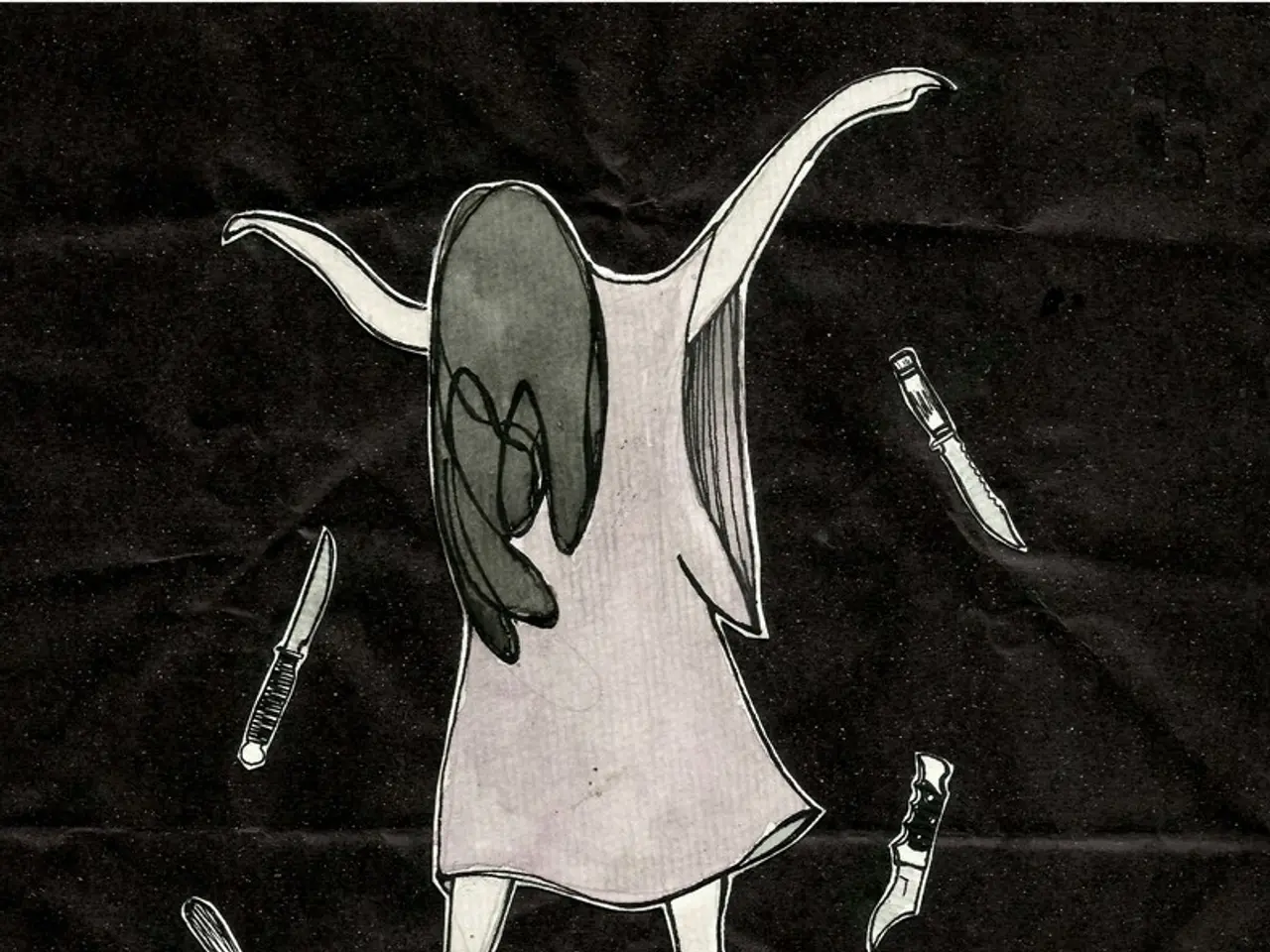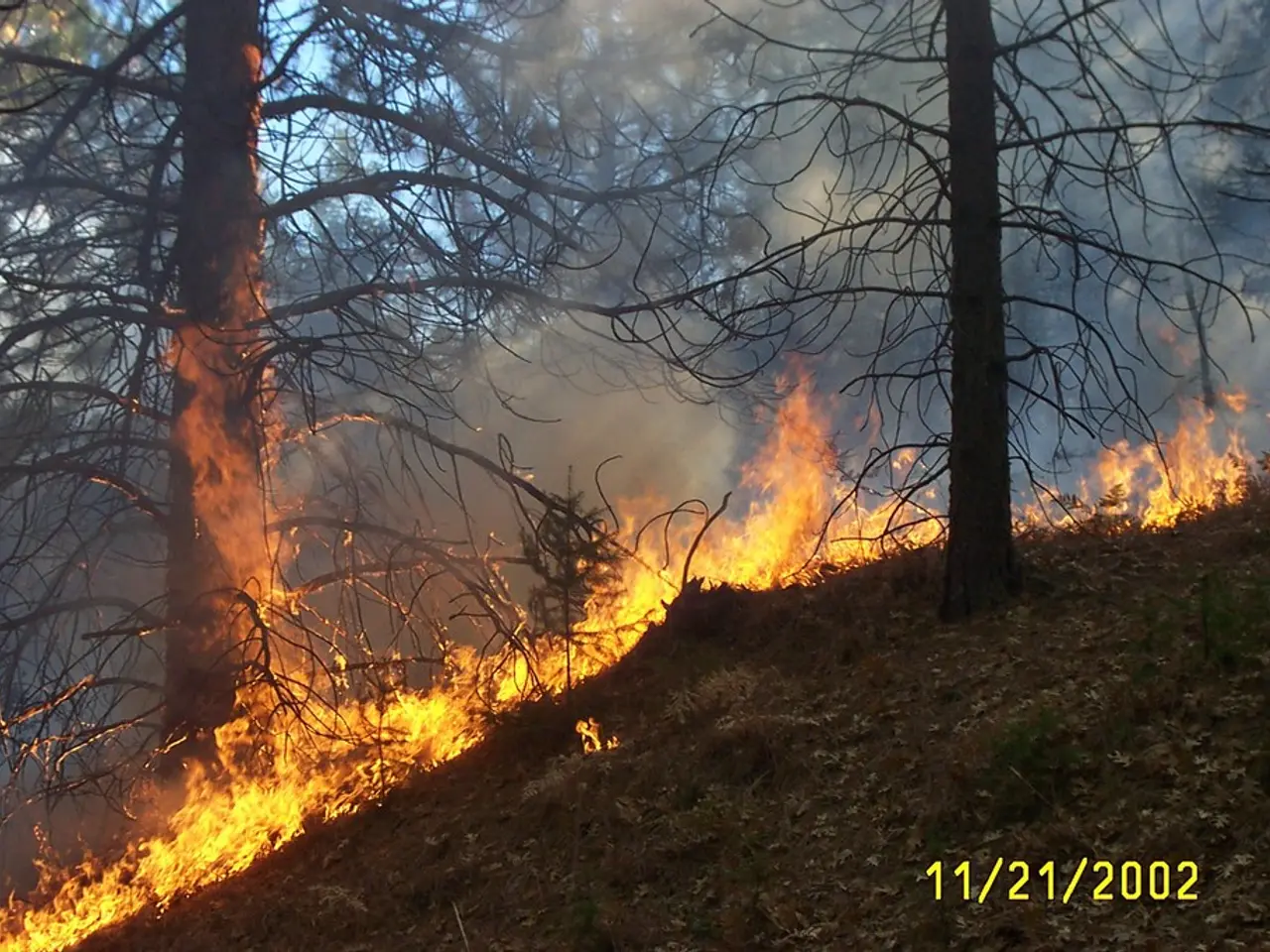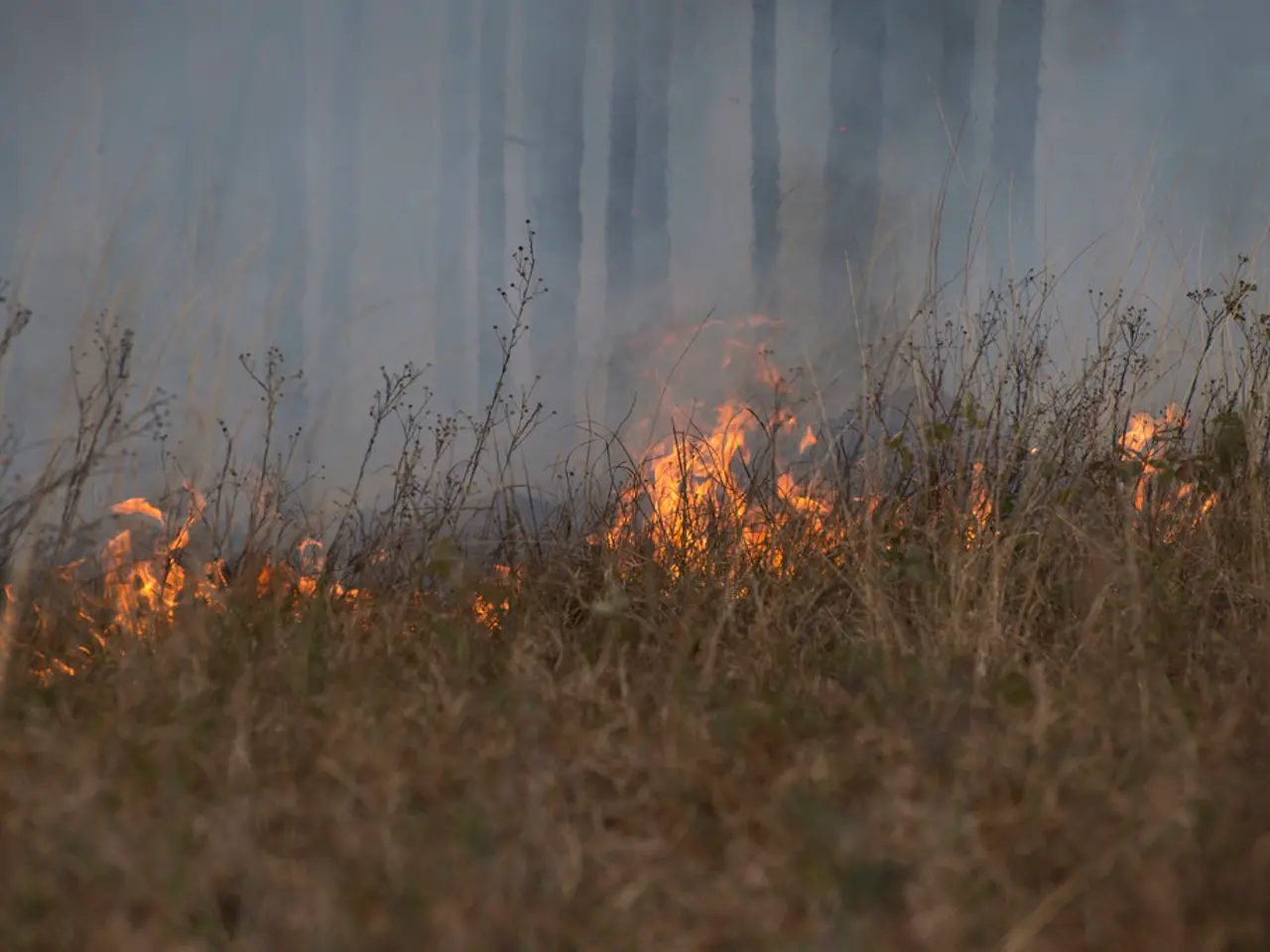Redrawing the Defense Map: European Landscape Reshaped by Polish-French-German Partnership
In a significant shift for European defense, Poland, France, and Germany have intensified their collaboration efforts, reflecting a renewed commitment to security and military cooperation. This development follows the recent visits of Polish Prime Minister Donald Tusk, signalling a new era in European defense strategy.
Key developments include the signing of a strategic bilateral treaty between Poland and France on May 9, 2025, in Nancy. This treaty, which includes a mutual assistance clause reminiscent of historic alliances, marks a significant milestone in their defense relationship and signals a reset and improvement in ties after a period of strained relations under previous governments.
The Weimar Triangle and E3+ frameworks, involving France, Germany, and Poland, continue to foster close partnerships among European defense firms. These collaborations facilitate coordinated efforts in military modernization, with examples such as Germany's air-defense pact with Ukraine, which has catalysed growth in Europe's defense industry and strengthened capabilities in air defense systems.
Ongoing discussions and considerations surround nuclear deterrence and defense postures, with Poland seeking enhanced security guarantees. France’s role in European nuclear deterrence is ambiguous but evolving, with proposals for a nuclear umbrella involving France and the UK to protect Poland and strengthen collective defense. Germany also shows interest in engaging France and the UK in nuclear talks, indicating an emerging trilateral dialogue on enhanced defense postures.
The three countries emphasize the need for a strong, collaborative European defense effort within NATO and the EU, recognizing that effective defense depends on joint capabilities and interoperability. Poland is projected to field significantly larger land force inventories by 2035 compared to France and Germany, suggesting Poland's growing role in European land defense, while France and Germany maintain strength in air and naval capabilities.
Early June 2025 diplomatic engagements and joint statements by the foreign ministers of France, Germany, Poland, and other European partners further emphasize an ambitious reinforcement of European defense capabilities, signalling political will to step up shared responsibilities within NATO and the EU.
In light of these developments, Poland's stance reinforces its commitment to maintaining a robust defensive posture amidst evolving security challenges. The accession of Finland and Sweden to NATO brings immense value for regional security, according to Cezary Tomczyk, Poland's Deputy Minister of Defense. Tomczyk believes that Sweden's membership will enhance the strategic depth of NATO's collective defense, while Sweden's significance extends beyond equipment quality, as it now serves as a new ally for Poland's security, guarded by Sweden and Finland.
Poland's readiness to augment its efforts in the face of potential armed conflict underscores its continued commitment to NATO. However, Tomczyk stated that no plans are currently being considered within Poland for deploying NATO troops to Ukraine. The French and German armies have expressed interest in embarking on new collaborative defense projects, following Tusk's diplomatic engagements, further solidifying the alliance.
In conclusion, the recent Polish Prime Minister Donald Tusk visits have catalysed a multi-layered defense collaboration among France, Germany, and Poland, combining bilateral treaties, industrial partnerships, strategic defense discussions, and joint political commitments to strengthen European security architecture. This renewed cooperation underscores the shared commitment of these nations to enhancing regional security and ensuring a robust defense posture in the face of evolving threats.
- The renewed cooperation between Poland, France, and Germany, as signified by the strategic bilateral treaty and the Weimar Triangle and E3+ frameworks, demonstrates a commitment to addressing war-and-conflicts, particularly in terms of military modernization and strengthening air defense systems.
- In the realm of politics and policy-and-legislation, Germany also shows interest in engaging France and the UK in nuclear talks, indicating an emerging trilateral dialogue on enhanced defense postures and nuclear deterrence.
- The general news suggests that Poland is seeking enhanced security guarantees, with France’s role in European nuclear deterrence being ambiguous but evolving, and proposals for a nuclear umbrella involving France and the UK being considered to protect Poland and strengthen collective defense.
- The labor sector may also be affected as Poland projects a significant increase in land force inventories by 2035, possibly leading to increased demand for military personnel and resources.
- In the realm of law and politics, the accession of Finland and Sweden to NATO is seen as valuable for regional security, and the joint commitments by the foreign ministers of France, Germany, Poland, and other European partners signal a political will to reinforce European defense capabilities and shared responsibilities within NATO and the EU.








